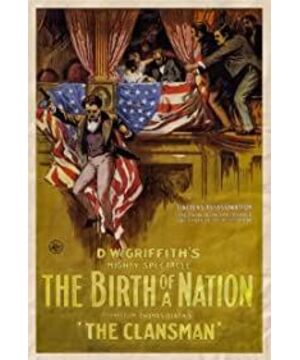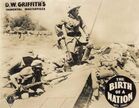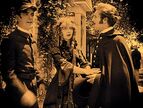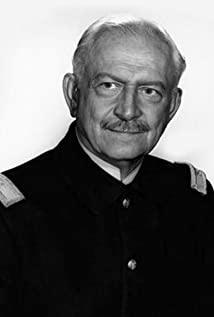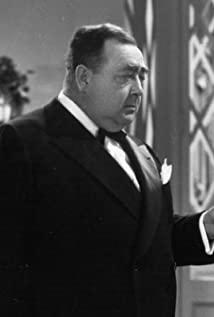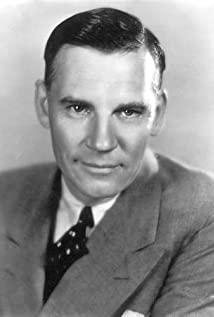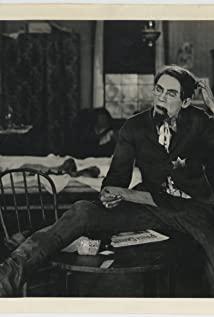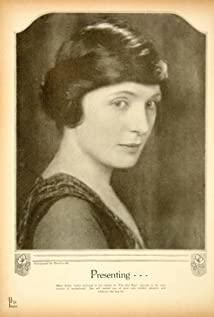Godard once said that "movies begin with Griffith and end with Abbas". Whether the movie ends with Abbas is debatable, but no one doubts that the world of cinema was born in Griffith's brain (Lillian Gish). But the film master has left a notoriety as a racist in film history. Why is this? It all actually started with a film, The Birth of a Nation (1916), which was still in its infancy at the time, and the great thing about this film was that it was the first time to use the language of film maturely to make the film's The smallest unit goes from scene to shot, truly independent of the drama's attachment, which is why Godard said the movie started with Griffith. But it was this very experimental and groundbreaking film that brought Griffiths notoriety as a racist.
The Birth of a Nation is based on Thomas Dixon's novel The Kindred. The film tells the story of the two brothers of Stoneman from the north visiting the Cameron family, the owner of the southern manor, during the American Civil War. During the encounter, young Benjamin Cameron (Henry B. Vosso) and Elsie Stoneman (Lillian Gish) fall in love. However, the Civil War soon broke out. Benjamin joins the Confederate army and goes to the front, where he becomes a rival to Stoneman (Ralph Reeves), a former friend of the North. After the war, black people burned and looted. Benjamin organized the Ku Klux Klan and defended the southern homeland from the ravages of the "black kingdom". And Benjamin and Elsie, the afflicted couple, finally came together. Their union heralded the birth and unification of a new nation. It stands to reason that the film eulogizes the end of the division between the North and the South and the reunification of the country, both in the title and in the content, and the birth of a real country should be a grand epic. However, the film's stigmatization of black people has caused a lot of criticism: black congressmen drink and eat chicken legs in parliament; black opportunistic politician Gus coveted Benjamin's sister Flora and forced her to death, and several insulting subtitles appeared in the subtitles. The word 'nigger'. Among other things, the film glorifies the image of the Klan: the KKK, an ultra-criminal group of extreme racists, is portrayed as the hero who saves the southern homeland. All of this, the film and Griffith have been etched on the racist pillar of shame in film history. Griffith was surprised by the uproar caused by the film. In fact, he has already deleted many radical depictions of black people in the original work, and added the image of a loyal little black servant in the film, which he did not expect to attract. So much criticism. The unwilling Griffith later wrote an essay "The Rise and Fall of Freedom of Speech in the United States" to defend himself, and filmed "Party Dissent" to show his position (analyzed later). The author naturally does not believe in the set of universal values of "white left", so I have to defend this film master a few words here. Conclusion: Due to the limitations of the times, Griffith is not a racist. The reasons are as follows: First of all, given the historical environment of the United States at that time, Griffith's vilification of black people and beautification of the Ku Klux Klan was not politically incorrect, but a mainstream historical view that had not yet been finalized. At the time, there was a school of historians who believed that the liberation of black people would bring great disaster to the United States and cause great trauma to the South, and the Ku Klux Klan protected the southern homeland accordingly. At the same time, in the late nineteenth and early twentieth centuries, there was a surge in the American literary circles that praised the white race and culture dominated by Anglo-Saxon and degraded the black race. Even Mark Twain, known for his deep sympathy and pity for black slaves in his works, was still trapped in the limitations of the times, and there were many descriptions that discriminated against dwarf black slaves in his works—— On the one hand, they are honest, optimistic, strong, and kind, but on the other hand, they are confused, ignorant, superstitious, boastful, lazy, and lack independence. It is not contradictory to appear in the same novel at the same time. The mainstream of American society after Reconstruction is white supremacy, with lynchings, intimidation, violence and assassinations of black people everywhere. Another mainstream literature of this period is the racist novel represented by Tom Dixon, the author of The Kindred, in which he trumpeted the idea of not allowing a drop of black blood to contaminate the purity of Anglo-Saxon blood. Thought, Griffith's adaptation is indeed much milder by comparison. The best-selling American literature of the same period also includes "Fear to the Bone", "The Negro is the Beast" and "Negro, the Threat to American Civilization" and so on. If Griffith was racist, then it can also be said that Mark Twain also had racist tendencies. Secondly, we have to review the views and messages that Griffith Griffith will not express clearly in "The Birth of a Nation", and further extend and develop it in "Party Dissent". It highlights a common theme: from ancient times to the present, all the bloodshed, killings and wars between peoples have been due to hatred and prejudice. The film consists of four relatively independent storylines: The Fall of Babylon, the Mother and the Law, the Passion of Christ and the Massacre on St. Bartholomew's Day. Among them, mother and law are the foundation of the film. Griffith intertwines these four storylines that take place in different eras, but all contain human cannibalism, and in the form of visual representation, Whitman's "cradle swing, history and future. The verses of "connecting into one line", abstractly represented as a shot of a mother's cradle, are inserted into the passages of the film from time to time, as a metaphor for "the passing of the times" over and over again. In this way, the theme of "exclusion of dissidents and benevolent struggle" in "The Party's Commonwealth and Fighting for Differences" is unified. These all show Gerry
After saying this, the author has to feel sorry for Griffith. Whether it is for his talent or as a person, this person is an upright gentleman of Jiyueguangfeng (he took on the debt of "Party and Diversity" with a very high attitude, and he spent his whole life after that. are spent in debt repayment). The great director once said, "What is film? Film is to make people feel the wind on the tree." What does that mean? There is an old Chinese saying that wind can move people. Wind, aesthetically, is a medium that stirs emotions and resonates. Griffith has integrated his peace-loving, rational narrative, sensual and touching gentle humanistic spirit into his works throughout his life. At the end of The Birth of a Nation, he pompously appealed: Don't we dare to dream of a golden age no longer ruled by a ruthless god of war, but instead a City of Peace sitting in the Hall of Brotherly Love the benevolent king. Finally, I would like to send you a quote from director John Payne when the public questioned his film’s promotion of violence: It is ridiculous to say that the central theme of this film is violence. We are a violent society, and we have been oppressing black people for two hundred years. History is full of In the 1920s, 1930s, it was a violent society in violent and ridiculous wars.
View more about The Birth of a Nation reviews


